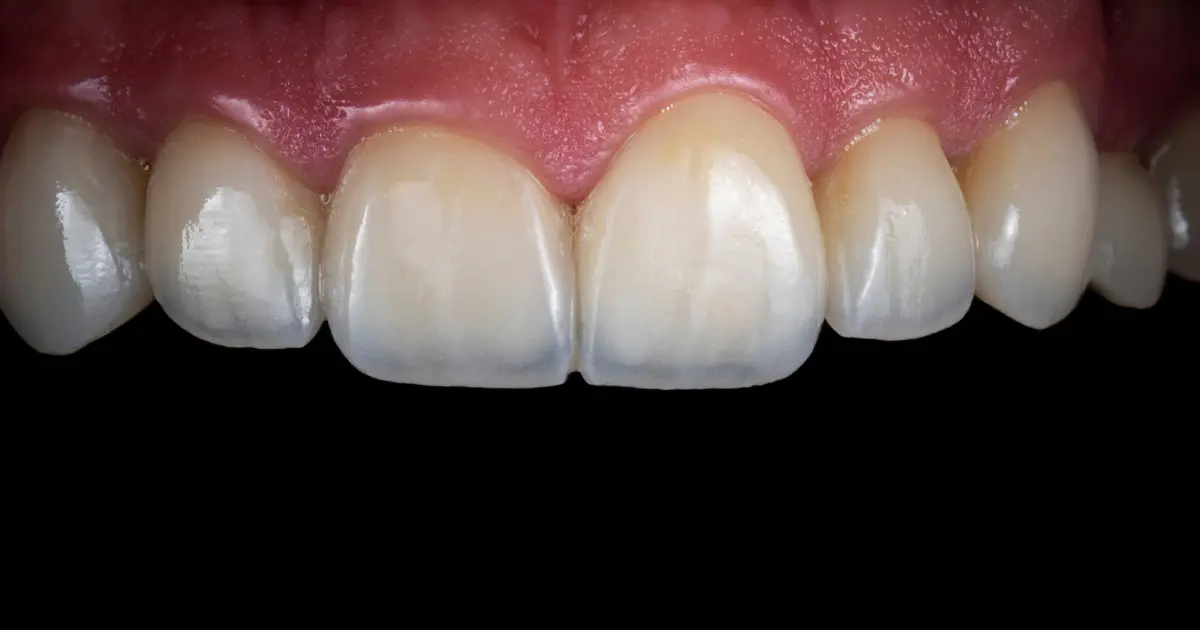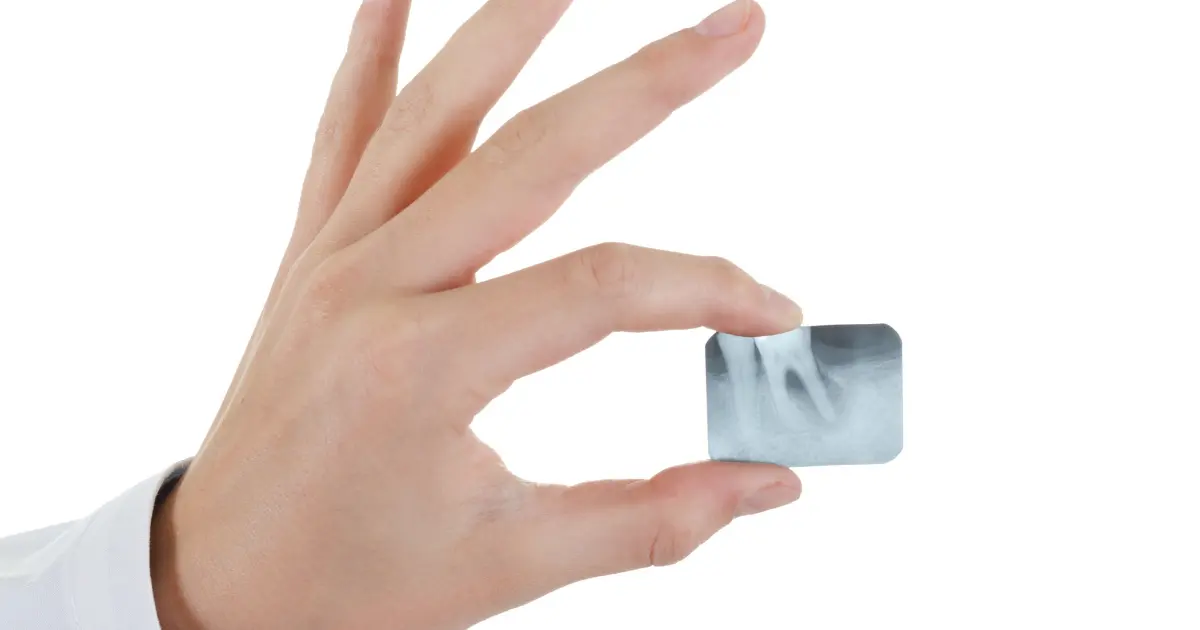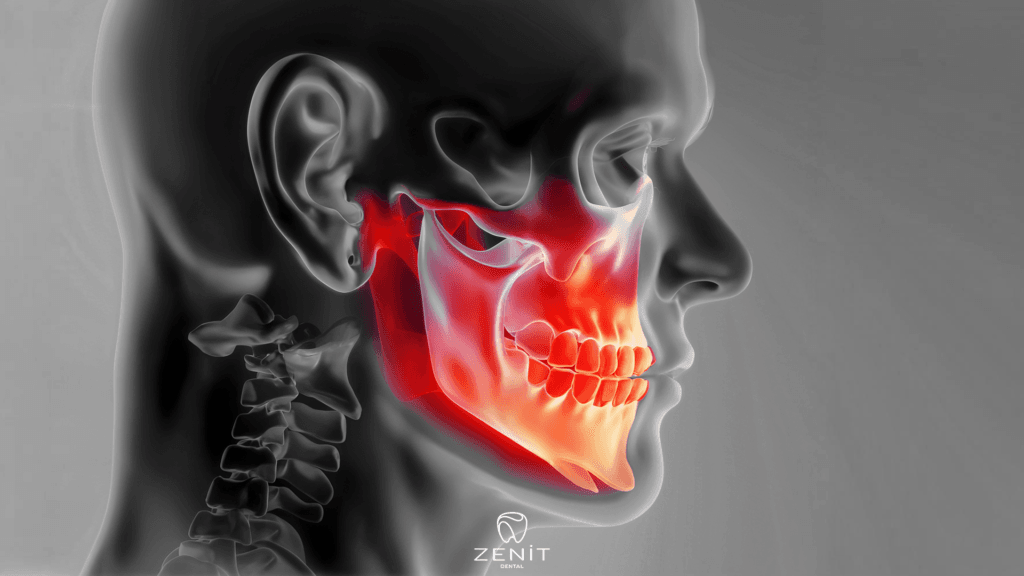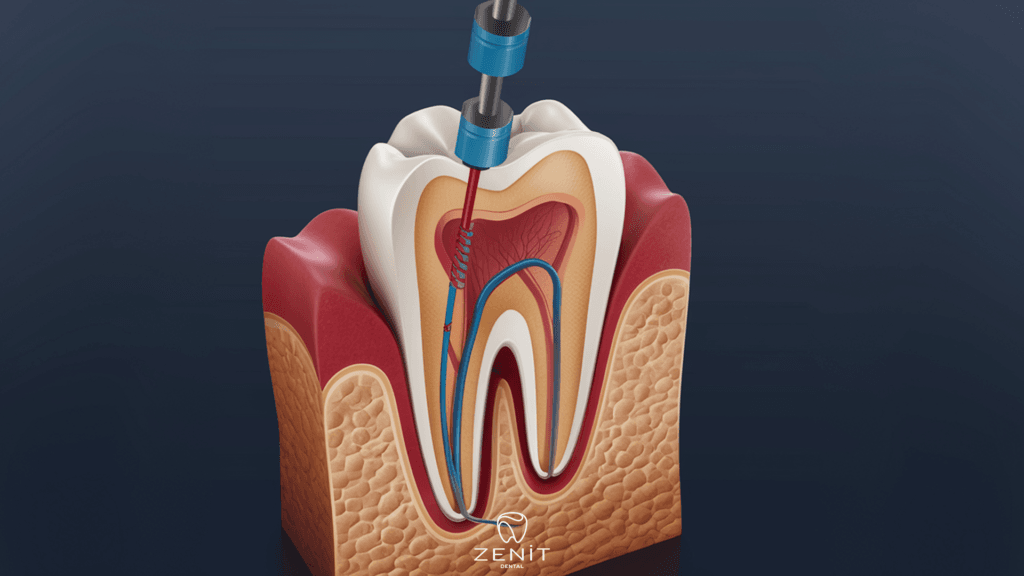People frequently wonder “why are my teeth translucent” out of curiosity. their teeth seem transparent at that time. Translucent teeth are a clear indication of deteriorated or damaged enamel. Knowing the true reason is preferable because tooth enamel erosion may result from a variety of dental problems. If the damage is severe and the teeth appear unsightly, there are several treatment options available. Here are a few of the most typical reasons why translucent teeth:
Enamel erosion or weakening is the primary cause of translucent teeth. The top layer of teeth’s defense against harm is dental enamel. Enamel thinning dulls the attractiveness of a smile and gives teeth an unpleasant appearance. If you’re having this problem and wondering why your teeth are translucent, keep reading.
Reasons Of Translucent Teeth

Translucent teeth aren’t the “natural look” for teeth; instead, they often seem shiny and have some sort of shine. However, if your tooth enamel is severely damaged, it may appear transparent. It’s not unusual to have some translucency, especially at the biting edges of your front teeth. However, large-scale translucency is typically caused by an event that physically harms your teeth and weakens their structural integrity.
In general, when fixing fractured teeth, dentists and dental lab workers really prefer some translucency. For this reason, specific porcelain or ceramic varieties are suggested for mending your “smile zone.” Complete opacity in the material would make it stand out and appear unnatural.
In short, these are the reasons of translucent teeth:
- Genetics
- Trauma
- Erosion
- Developmental disorders
- Medications
- Enamel hypoplasia
Genetics
This hereditary disorder damages teeth while they are still developing. The enamel of those who have this ailment is weak, thin, and chalky, and it wears away fast. Sometimes the enamel may not form at all, exposing the dentin to full exposure. There isn’t much that can be done to stop it from happening because it is a hereditary issue. There are nonetheless ways to deal with the problem.
Trauma
Translucent teeth can be categorized into three categories. The aging process causes discolored teeth in a lot of people. As we age, our tooth enamel thins, and the yellow dentin underneath may be seen. Teeth might seem yellow and discolored due to extrinsic factors including cigarette use, the foods and drinks we eat, and poor oral hygiene. Inherent variables that alter the interior structure of the tooth, such as certain illnesses or drugs, an excessive amount of fluoride exposure, oral trauma, or hereditary problems, can also result in stained teeth.
Erosion
Our mouths are designed to withstand the acids found in food, beverages, and the digestive tract. but only partially. There is a considerable likelihood that the chewing surfaces of your teeth will have hollowed-out patches of enamel degradation if you frequently have heartburn. Additionally, acid erosion can result from recurrent vomiting, an acidic diet, sickness, chemotherapy, or an eating problem. In many of these situations, the erosion usually takes place mostly behind the higher front teeth, leading to severe enamel weakening there. Because of the darker dentin underlying, the enamel will start to seem more transparent and yellow as the acid wears it away.
Developmental Disorders

Your mouth may be affected by celiac disease in a number of ways. The occurrence of ulcers and delayed tooth eruption is widespread. However, this condition can also lead to structural abnormalities in the teeth, such as cracked enamel and lines in the teeth. Up to 97% of patients with celiac disease are thought to experience oral symptoms of the condition.
It is an autoimmune condition that has an impact on the digestive system. A person with this illness has trouble digesting gluten. When someone consumes gluten, their immune system targets their cell tissues. It results in a partial or total loss of enamel, according to study. When enamel is lost, teeth seem clear and translucent.
Medications
Some potent medications can occasionally cause enamel loss. Tetracycline, antacids, antidepressants, and blood pressure medications are a few of these medications. People who use these medicines for more than six months are more likely to experience enamel loss.
Enamel Hypoplasia
This is a normal occurrence where the body cannot produce enough enamel. Children are more likely to experience it than adults. Enamel deficiency causes dental problems like sensitivity, cavities, and transparent teeth. Fluoride treatments are advised by dentists to maintain and enhance enamel.
How to Prevent Translucent Teeth Tips?

In most cases, repairing translucent teeth is more of a cosmetic concern than a medical need. Before your teeth start to break down to the point that you can’t eat with them, you would need to have some fairly serious structural damage. If that ever occurs, your dentist will usually suggest a crown (sometimes known as a “cap”) to cover several teeth at once.
Dental veneers are often a suitable solution for concealing transparent teeth from an aesthetic standpoint. There is no need to physically modify other tooth structure because they are only linked to the front teeth that are visible when you smile. Although veneers are less intrusive than crowns, they are more for show than for function.






